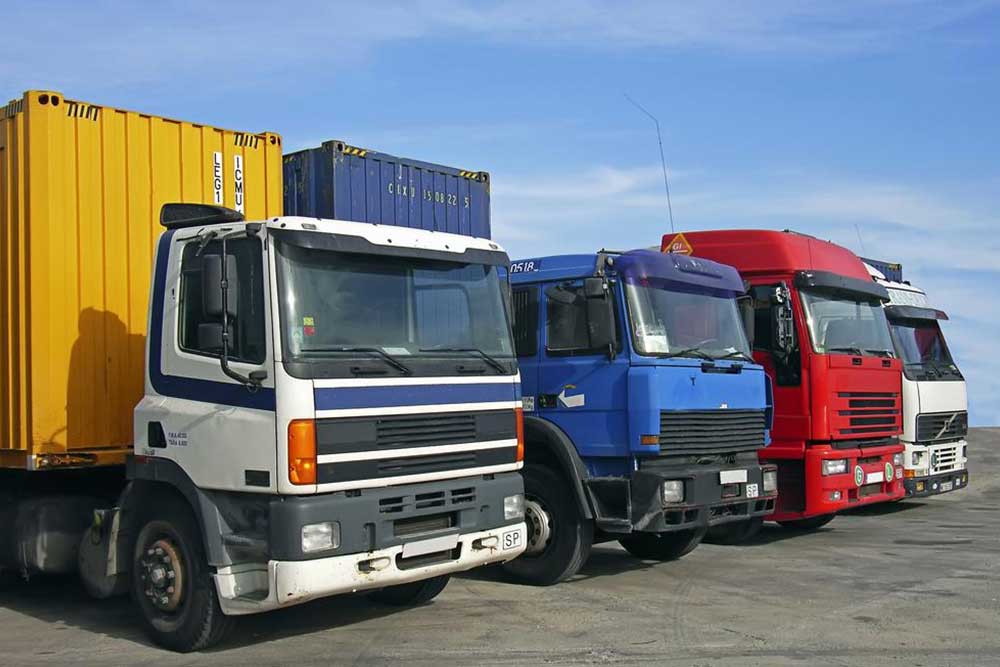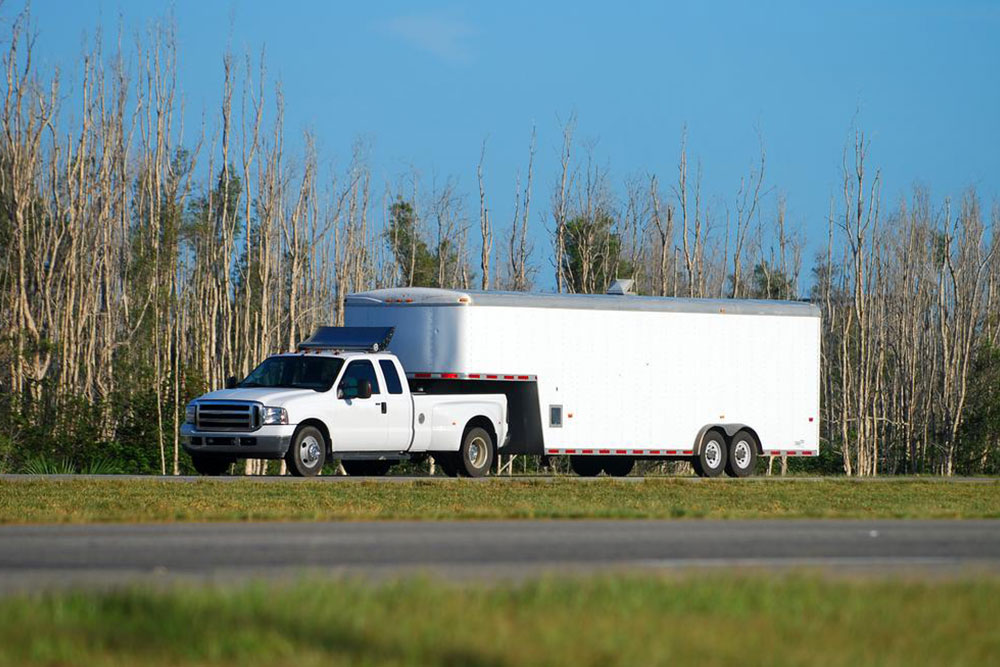Comprehensive Guide to Choosing the Right Commercial Truck Insurance
This comprehensive guide covers the essential aspects of selecting commercial truck insurance, including different types of coverage like liability, physical damage, and cargo insurance. It emphasizes the importance of tailoring policies to your specific fleet and operational needs, and offers practical advice on working with insurance agents to protect your business. Whether you operate a small fleet or manage large trucks, understanding these insurance options ensures your investments are safeguarded against accidents, theft, and liabilities. Learn how to choose the right coverage for your commercial vehicle operations.

Comprehensive Guide to Choosing the Right Commercial Truck Insurance
Securing appropriate insurance coverage for your commercial trucks is a critical component of managing a successful transportation or logistics business. Whether you're operating as a sole proprietor, managing a small fleet, or running a large-scale trucking company, understanding the nuances of commercial truck insurance can save you from significant financial setbacks in the future. Proper insurance not only protects your assets but also ensures compliance with legal requirements, giving you peace of mind to focus on growing your business.
Commercial trucks encompass a wide variety of heavy-duty vehicles, each serving different operational roles. These include semi-trucks used for long-haul freight, dump trucks for construction or waste management, auto haulers transporting vehicles, tow trucks aiding in roadside assistance, flatbeds for large cargo, tankers for liquids, and box trucks for deliveries. Recognizing the specific type of vehicle you operate is essential in selecting the most suitable insurance coverage.
Each commercial truck serves a unique purpose, and the risk profile associated with your operations depends on multiple factors such as the frequency of trips, average miles traveled per week, cargo types, and whether your trucks operate locally or across state lines. These factors directly influence the type and extent of insurance coverage required to protect your assets and ensure business continuity. Selecting comprehensive coverage is vital to mitigate potential liabilities and financial loss resulting from accidents, theft, or damage.
Insurance options tailored for commercial trucks include:
Commercial Truck Liability Insurance: Essential for covering legal liabilities arising from injuries or property damage caused by your vehicle during operations. It also covers legal expenses associated with defense in court cases, regardless of fault, which is critical in managing potential lawsuits effectively.
Physical Damage Coverage: This policy compensates for repairs or replacement of your truck following accidents involving collision, overturns, fire, vandalism, or other comprehensive damages. Having this coverage ensures your investments are protected against unforeseen events on the road.
Uninsured/Underinsured Motorist Coverage: Protects your business if your truck is involved in an accident with a driver who lacks sufficient insurance coverage. This coverage helps cover costs that the other party's insurance doesn't fully pay, preventing financial strain.
Cargo Insurance: Critical for businesses that transport valuable goods, cargo insurance shields your cargo from theft, damage, or loss during transit. Since cargo values and types vary, thorough research helps identify policies that best match your specific freight.
Understanding the intricacies of commercial truck insurance requires an in-depth look at the factors influencing coverage needs. Consulting with a local independent insurance agent is highly recommended. Such agents specialize in commercial transportation policies and can tailor coverage options to your operational profile, budget, and risk appetite. They can also advise on additional coverage options such as extended liability limits, Medical Payments, or roadside assistance plans.
Furthermore, maintaining proper documentation, conducting regular vehicle inspections, and understanding regulatory requirements—such as those from the Department of Transportation (DOT) or Federal Motor Carrier Safety Administration (FMCSA)—are integral parts of effective risk management. These practices not only help in obtaining favorable insurance premiums but also in ensuring compliance with federal and state regulations.
In summary, choosing the right commercial truck insurance is a complex but essential process. It involves understanding the different types of coverage available, assessing specific business risks, and working with knowledgeable insurance professionals. By doing so, you can safeguard your fleet, minimize liabilities, and maintain operational continuity—key ingredients for sustained business success in the competitive transportation industry.
Investing time and effort into selecting appropriate insurance coverage ultimately provides peace of mind and financial security, allowing your business to thrive on the roads with confidence.





